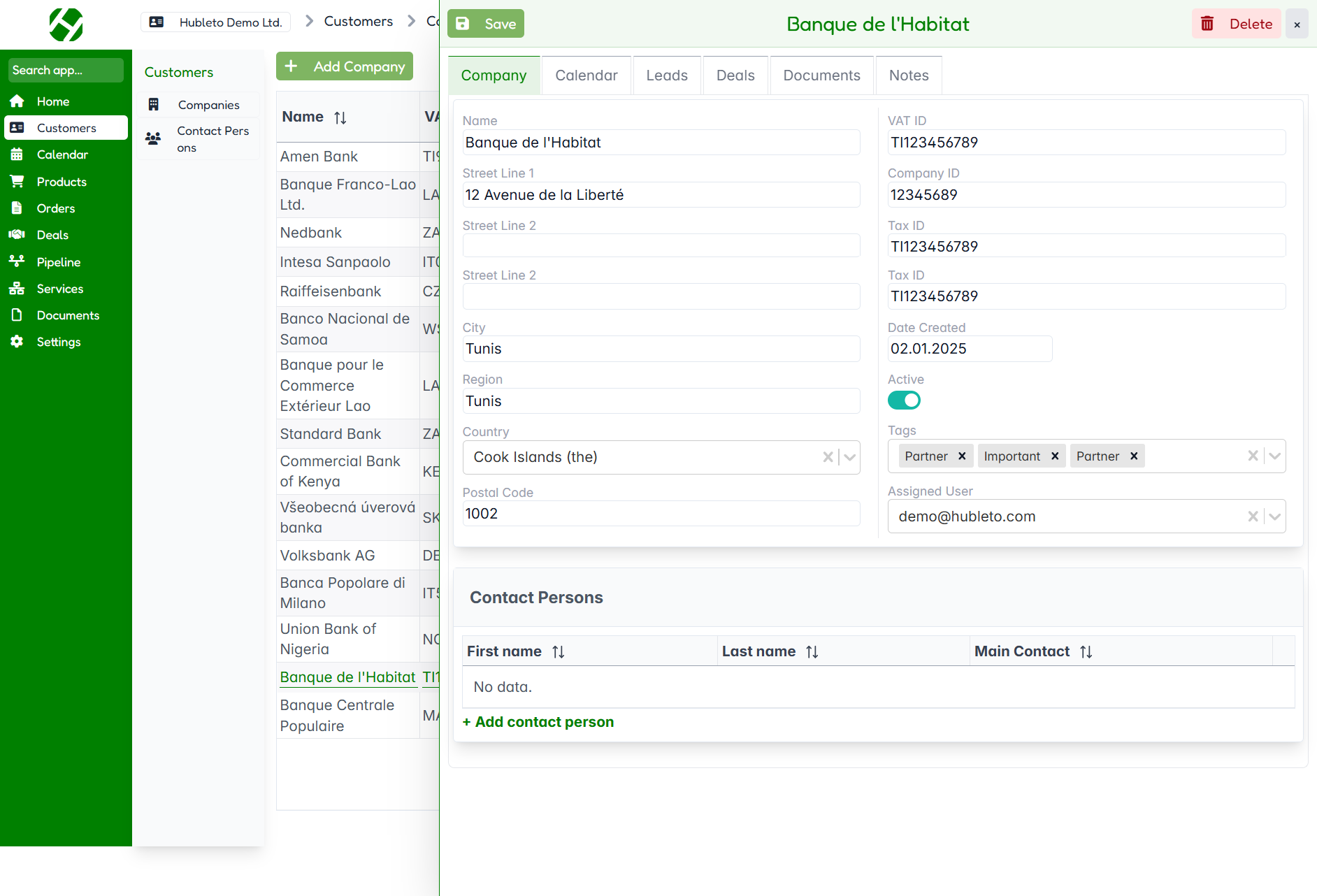Whether you are already using any CRM solution in your retail business or just looking around for the best fit, it is always good to update on what features are most wanted. The users always change and year-by-year the requirements are slowly but steadily evolving.
It's obvious that CRM systems are essential for modern retail businesses to manage their customer interactions effectively and improve their buisness performance. But what features provide the best experience and improve the business flows the most? Here are some tips of the most wanted and features of CRM for retail:
Contact Management
This is the foundation of any CRM system. It stores customer details and interactions in a searchable database, providing a single source of truth for customer data. Retailers can use this information to personalize interactions and provide better customer service.

(source: www.pixabay.com, www.freepik.com)
Interaction Tracking
This feature records all customer interactions across different channels, whether inbound or outbound. By analyzing this data, retailers can gain insights into customer behavior and needs, which can be used to tailor marketing and sales strategies.
Email Integration
A robust CRM system should integrate with external email platforms to enable sophisticated email marketing and customer nurturing processes. This feature should include templates for repetitive customer interactions and allow tracking of customer email interactions.
Digital Black Books
This feature is particularly important for luxury retailers. It enables retailers to create detailed customer profiles based on various data points, including purchase history, preferences, and more. This information can be used to anticipate customer needs and provide personalized recommendations.
Loyalty Rewards Programs
CRM systems can help retailers manage and optimize their loyalty programs. They can track customer points, identify high-value customers, and trigger automated loyalty messaging.
Targeted Marketing Campaigns
CRM systems enable retailers to segment their customers based on various characteristics and create targeted marketing campaigns that are more likely to be successful.
Sales Pipeline Management
This feature gives sales representatives a complete view of the sales process, allowing them to track deals from start to finish and focus on converting the most promising leads.
Integration with Key Business Apps
CRM systems should integrate with other essential business software, such as email marketing platforms, social media channels, and web analytics tools. This ensures that data is shared seamlessly across different platforms and that retailers have a complete view of their customers.
Revenue Tracking
This feature allows retailers to monitor real-time data, such as sales sources, sales team performance, and overall profitability. This information can be used to improve business decision-making and drive revenue growth.
Order and Delivery Management
For retailers that offer online ordering and delivery, CRM systems can automate the entire order fulfillment process, from order placement to delivery. This helps to reduce errors and improve operational efficiency.
Real-time Monitoring
This feature allows retailers to track critical data, such as inventory levels, sales metrics, and customer interactions, in real time. This is essential for managing dynamic environments and making quick adjustments as needed.
Predictive Lead Scoring
This feature uses AI and machine learning to analyze customer behavior and purchase history to determine the likelihood of leads converting into customers. This helps sales teams prioritize their efforts and focus on the most promising leads.
Reports and Analytics
CRM systems collect vast amounts of data, which can be analyzed to extract valuable insights. Retailers can use these insights to monitor sales KPIs, identify trends, and make informed business decisions.

